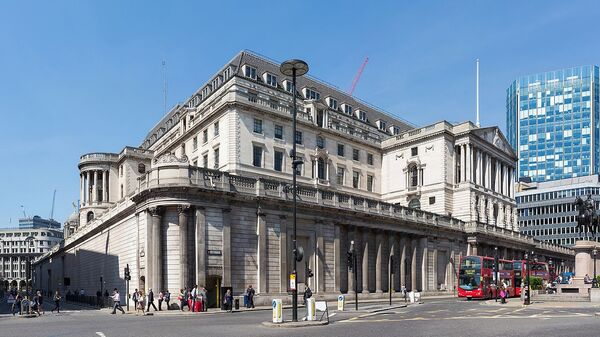The UK is at its highest risk of recession since just prior to the financial crisis and is totally unprepared for the eventuality, the Resolution Foundation has warned.
The think tank claims the Bank of England would be unable to offer typical levels of support if a recession hit as interest rates are already too low – in previous recessions the BoE has used interest rate cuts to boost spending and borrowing, with reductions typically over five percentage points. However, rates are currently 0.75 percent, meaning they’ve almost literally got no further to go downward.
Quantitative easing was also used by the Bank during the financial crisis and intermittently since to facilitate economic growth, but its utility in the event of another major downturn is questionable, Resolution Foundation suggest, meaning the BoE could only provide roughly a quarter of the support needed to support the economy during a recession.
The think tank also notes other countries are reviewing tools available to central banks should a financial crisis hit, but the UK has failed to, with its researchers urging Whitehall to follow suit. In particular, Resolution Foundation call on the government to strengthen the role of QE, undertake a review of the instruments and strategies for monetary policy and consider raising the current inflation target of two percent per annum.
In respect of fiscal policy, the think tank suggests fiscal policy rules be rewritten to include an explicit objective for economic stabilisation and “commensurate and credible deficit reduction thereafter”, and making explicit preparations for providing effective discretionary fiscal stimulus.
“As well as trying to deliver good times, we should be making sure we are able to respond effectively in bad times to minimise the pain of the next downturn. Now is the time to plan for the next recession – because the one thing we know for certain is that it will happen. “The UK today faces the highest recession risk since the financial crisis, and lower income households are now more exposed to a downturn than they were back then,” said James Smith, the think tank’s director.


